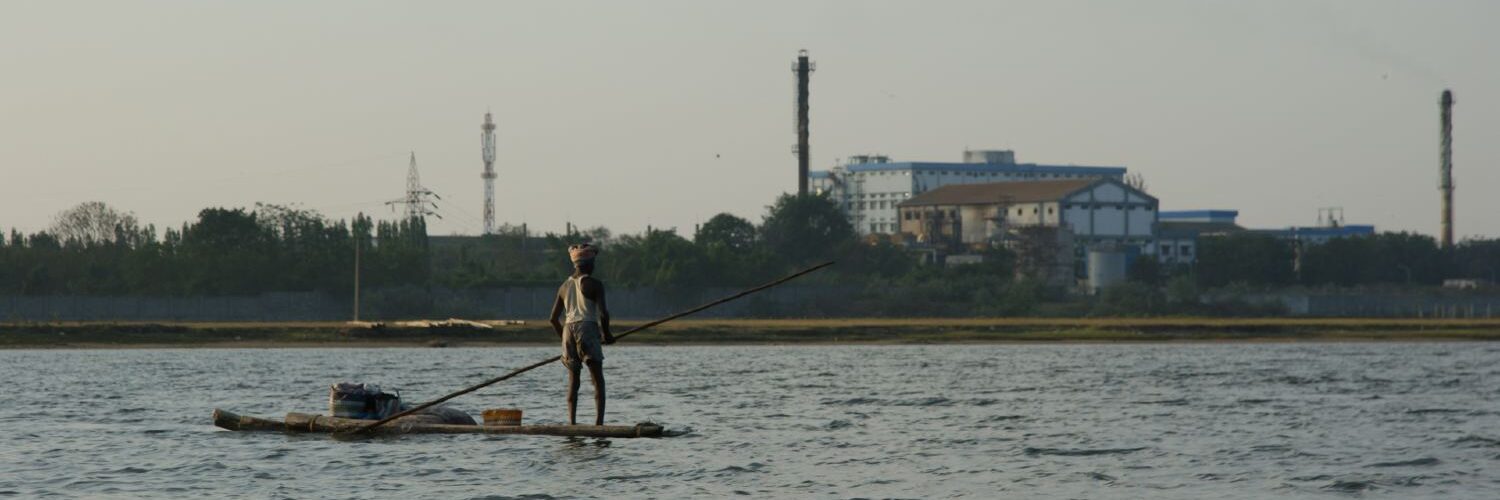PRESS RELEASE
6 December, 2007, CHENNAI – The gases that leaked on 4-5 December reportedly from CPCL are likely to be poisonous hydrocarbons with serious long-term implications on health, according to Community Environmental Monitoring, a Chennai-based voluntary organization if reports about the source of emissions are true. Refinery gases are typically known to contain highly toxic chemicals like hydrogen sulphide, benzene, toluene, butadiene, ethyl benzene and other chemicals categorized as polycyclic aromatic hydrocarbons (PAHs).
Many PAHs may cause birth defects and reproductive disorders, and affect the ability of the body to fight disease. Some PAHs can cause cancer. Benzene is a confirmed carcinogen. Exposure to this chemical has been linked to childhood leukemia (blood cancer). Hydrogen sulphide is a potent neurotoxin that affects the central nervous system and brain. It is linked with reduced IQ among children. High levels of this rotten-egg smelling gas can even kill.
In September 2004, the Supreme Court Monitoring Committee on Hazardous Wastes instructed the Central Pollution Control Board to set up national standards for volatile organic compounds in air after receiving a report about the high levels of these toxic gases in the air near chemical industries in Tamilnadu. The TNPCB was also supposed to bring down levels of these poisons in air in line with the United States Environmental Protection Agency’s standards. No action has been taken on this matter.
A sample taken in July 2005 by CEM under normal conditions in Manali revealed the presence of benzene at 25 times safe levels; hydrogen sulphide was 19 times above safe levels. A similar air sample has been taken and sent to Columbia Analytical Services in California on 5 December. However, the sample was taken when odour levels were very low.
A one-time exposure to low levels of these gases may not have long-term effects. But the Manali-Korukkupet-Tondiarpet population is perennially exposed to high levels of toxic gases in the air, and subject to frequent gas leaks. Added to this is the high vehicular pollution level owing to the chemical tanker lorry traffic. Under these circumstances, the health of residents and workers in the area is certain to be affected. The highly congested streets in North Chennai, the high density of population and the presence of hazardous industries drastically increases the likelihood of a Bhopal-like disaster in this region.
On 5 December, the Tamilnadu Pollution Control Board chairman reportedly said: “These gases contain hydrocarbons and volatile organic compounds. They are not poisonous. There will not be any after effects that impact health”.
The chairman’s statement is not only inaccurate but also irresponsible. People depend on TNPCB to provide scientific information not mindless reassurances. The chairman’s statement coming barely two days after the 23 rd anniversary of the Bhopal disaster has many similarities to the statements made by Union Carbide and their supporters in the Government after the disaster. Company officials at that time said methyl isocyanate was like “tear gas” with no lasting impact on health.
For more information , contact Nityanand Jayaraman. Cell: 9444082401. Community Environmental Monitoring . 42A, 1st Floor, 5th Avenue, Besant Nagar, Chennai 90
